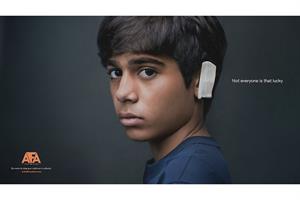It’s a happy week for the UK advertising industry, according to Julian Douglas, global chief executive of VCCP and UK Advertising chair.
Figures released by UK AEG on June 18 showed that UK advertising exports grew by 15% year-on-year to £18bn in 2023.
“That just shows the explosion in capability and innovation,” Douglas said, and added that the UK is now closing the gap on the US.
 Innovation has also transformed fan experiences across sport and entertainment, and opened up opportunities for marketers to expand their global reach. At a round table discussion, industry experts shared their views on how marketers can use advancements in immersive and digital technologies to drive brand growth and connect with consumers.
Innovation has also transformed fan experiences across sport and entertainment, and opened up opportunities for marketers to expand their global reach. At a round table discussion, industry experts shared their views on how marketers can use advancements in immersive and digital technologies to drive brand growth and connect with consumers.
The evolution of fan engagement
Jamie Stenziano, senior vice-president and senior client officer for media platforms and entertainment at Ipsos, said experiences will continue to evolve, because fans are “more discerning than they’ve ever been”.
“The decision making around how I spend my time is more precious than ever, and not only do fans have more choice, they're also smarter about making those decisions,” he said.
In the battle for attention, entertainment brands are competing with what is available on screen, off screen, digital, and analogue – and even sleep.
“I'm competing for the minutes of your day,” Stenziano added.
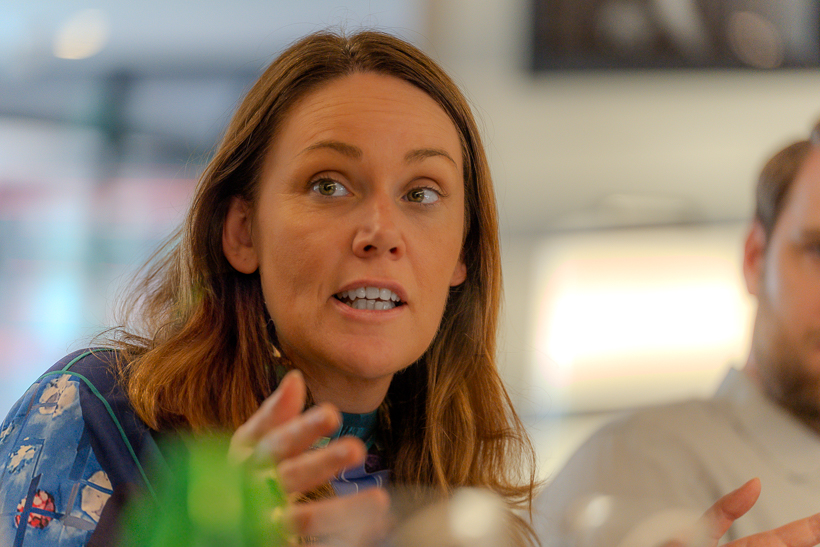 According to the panellists, audiences also want experiences that are unique and unexpected, that they can talk about and share on social media.
According to the panellists, audiences also want experiences that are unique and unexpected, that they can talk about and share on social media.
Social media has transformed the way people engage with live events. “France played [football] on Monday night and I thought surely the game would be on YouTube,” Douglas said. “There were about 1,000 watch-alongs and live streams of people watching the game, but I couldn't actually see the game.”
But it’s not just about the event itself, brands also need to think about how they can prolong engagement by adding extra privileges and creating community connections.
The discussion also touched on innovative immersive experiences such as the Sphere in Las Vegas and Abba Voyage in London, which panellists said have led to brands thinking more about the lifetime customer value, and how they can activate experiences over a longer period.
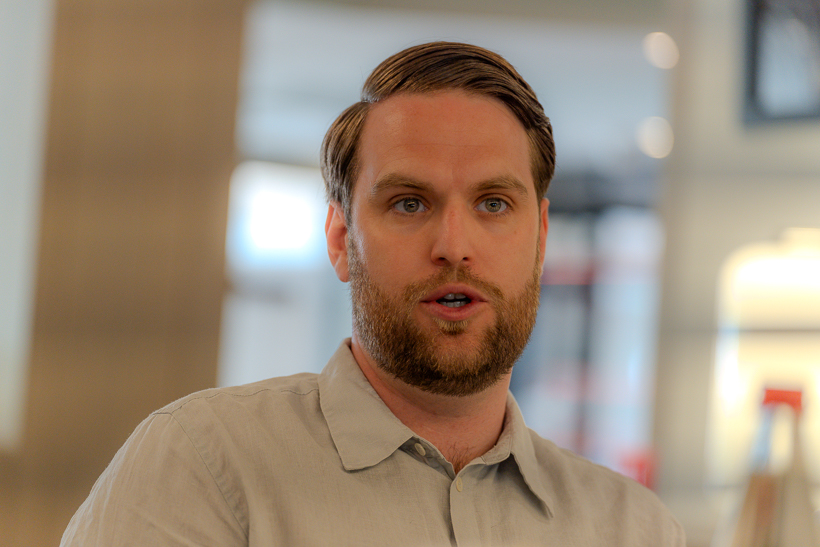
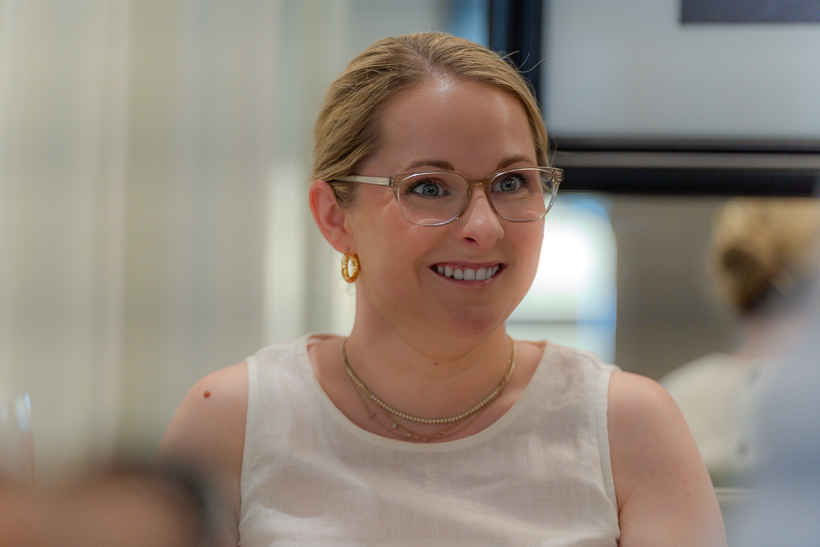
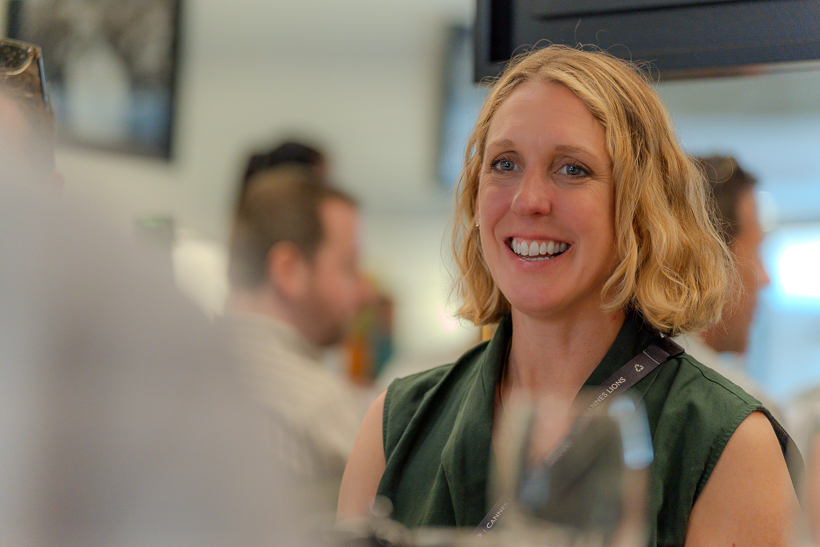
The transformative power of women’s sport
While much of the focus is currently on Euro 2024, it is impossible to ignore the increasing opportunity that women’s football presents.
Panellists discussed how women have reinvented the experience of going to football games by building an inclusive community, and welcoming young girls who perhaps haven’t felt included before.
“It brings that soft female side to something that has traditionally been very masculine,” said Sarah Walsh, group commercial director at Coffee&TV. She added: “The world that will open up from a feminist equality point of view is huge.”
 Diversity and inclusion is about much more than gender however. Thomas Walters, founder and CEO Europe at Billion Dollar Boy, said there is a lot of work that needs to be done around representation in advertising and argued that personalised experiences could create a greater return for everyone involved.
Diversity and inclusion is about much more than gender however. Thomas Walters, founder and CEO Europe at Billion Dollar Boy, said there is a lot of work that needs to be done around representation in advertising and argued that personalised experiences could create a greater return for everyone involved.
“A lot of advertising that's created is one long film that's served through lots of different media, when what we need to be thinking about is creating a wealth of assets that's featuring lots of different types of people,” Walters said.
The transformation of e-commerce
Retailers are exploring virtual worlds, such as Fortnite and Roblox, and fans are increasingly expecting to be able to engage with brands digitally.
 Consumers can connect to entertainment in many ways, for example by making it easier for people to shop for the clothes they see on screen. In addition, celebrities could be selling tickets to games or shows directly to fans via social media.
Consumers can connect to entertainment in many ways, for example by making it easier for people to shop for the clothes they see on screen. In addition, celebrities could be selling tickets to games or shows directly to fans via social media.
Athletes and celebrities are also building their own brands, engaging with fans and creating their own merchandise.
Douglas said: “Every celebrity thinks they can launch something, but it’s a minefield. Loads of them don't work. They've got the fame and the audience, but they still have to do the job.”
Creators are, however, a beneficial route for brands to reach audiences, according to the panel. While the focus used to be on teaming up with influencers who had massive followings, this is no longer necessary.
As long as the audience is engaged and loyal, brands could successfully go direct-to-market with an audience as small as 500 people.
 The role of AI
The role of AI
This tech has the potential to add engaging extra content to live sports coverage, which can help attract fans who wouldn’t normally be into sports: this was the core observation. As AI develops, human creativity is still essential as people want content they can relate to.
Walsh added that the ultimate goal of technology is to save time and urged the industry not to get too lost in what AI is going to do.
“It's going to move you forward pretty quickly, and it's going to allow you to reach more audiences,” she said.
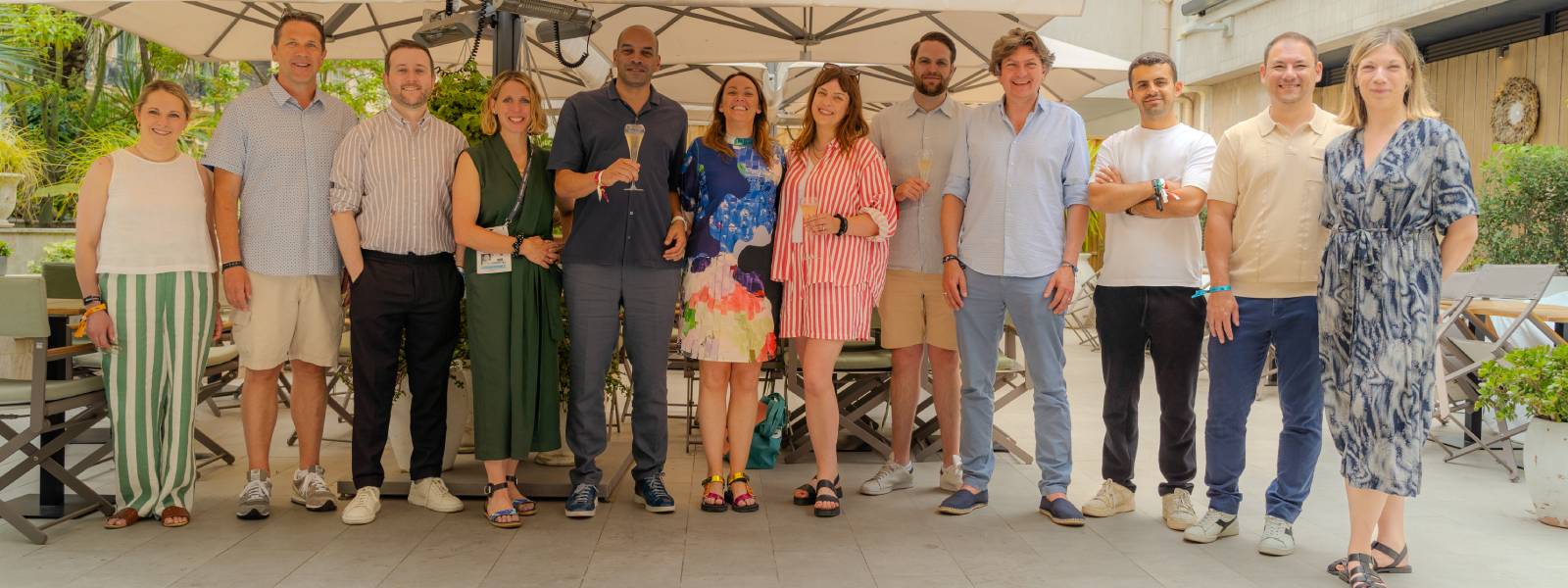
On the panel: Nicola Merrifield, premium content editor, Campaign; Jamie Stenziano, senior vice-president and senior client officer for media platforms and entertainment, Ipsos; Kelly Biderman, chief executive, Havoc Robotics/National Havoc Robot League; Catherine Green, head of digital experiences and integration, International Olympic Committee; Bryan Biniak, chief marketing officer of Songtradr and president of Bandcamp; Julian Douglas, global chief executive, VCCP and UKAEG chair; Jon King, UK CEO, Croud; Thomas Walters, founder and CEO Europe, Billion Dollar Boy; Sarah Walsh, group commercial director, Coffee&TV, James Hakesley, CEO and executive producer, Cube Studios; Aisling Conlon, international trade director for UK Advertising, Advertising Association




